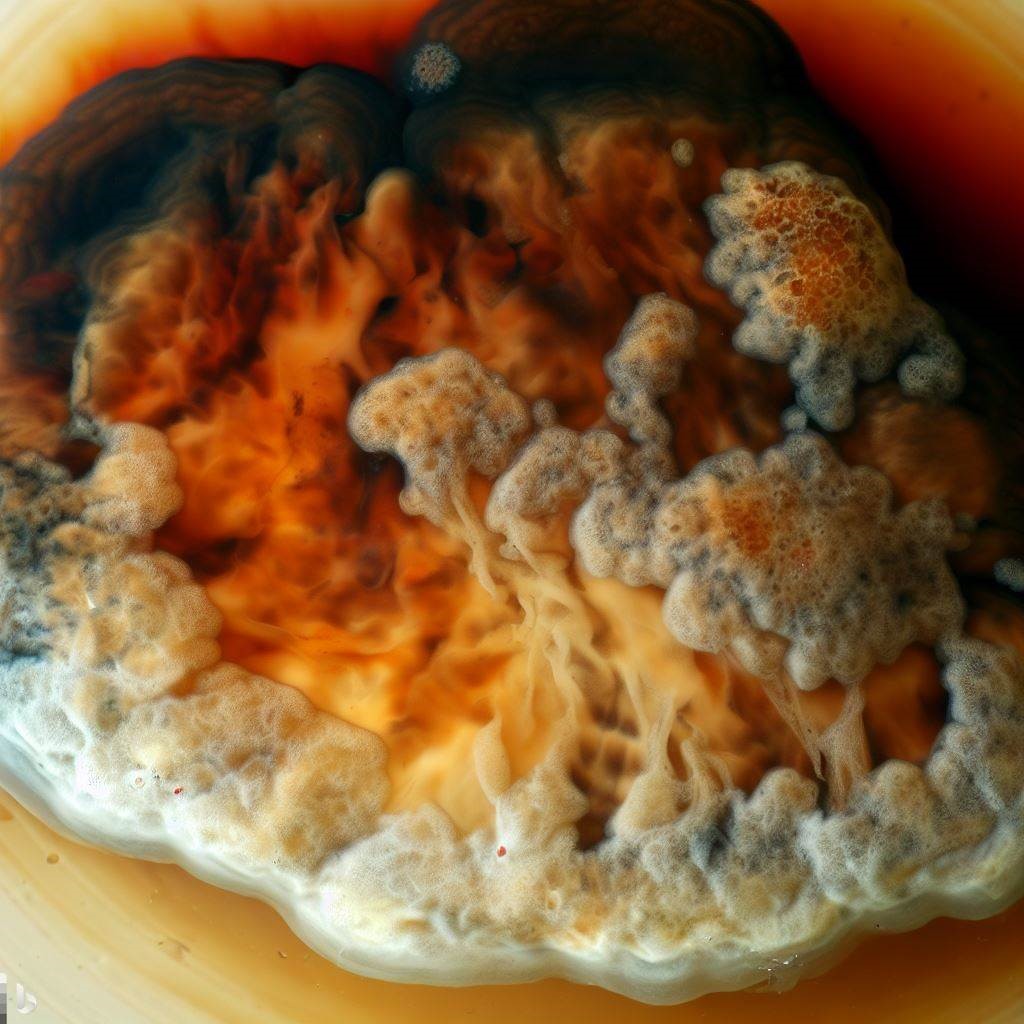Good day, health enthusiasts! Kombucha has risen to fame in recent years for its tangy flavor and touted health benefits. It’s the go-to beverage for health-conscious consumers, but have you ever wondered about the vitamins that make kombucha a nutritional powerhouse? This article will dissect the world of kombucha and shine a light on the vitamins that make this ancient drink a modern miracle.
The Vitamins in Kombucha: A Nutritional Journey
Let’s start at the very beginning: what exactly is kombucha? Originating over 2000 years ago in China, kombucha is a fermented drink produced by brewing sweetened tea (usually black or green) with a symbiotic culture of bacteria and yeast, commonly known as a SCOBY. This fermentation process not only gives kombucha its signature fizzy, sour taste but also infuses it with a host of beneficial nutrients.
Now, onto the heart of the matter: what vitamins can you find in kombucha?
The B-Vitamin Bonanza in Kombucha
First up, let’s look at the B-vitamin family. Kombucha contains several types of B vitamins, each contributing to your overall health in a unique way.
Vitamin B1 (Thiamine)
Thiamine is a vital nutrient that aids in converting food into energy, which is critical for a healthy metabolism. Furthermore, thiamine supports nerve function and brain development. Every sip of kombucha provides you with a dose of this essential nutrient.
Vitamin B2 (Riboflavin)
Next, kombucha contains riboflavin. Riboflavin plays a key role in cellular functions, helps maintain a healthy liver, and enhances your vision and skin health. Notably, riboflavin is also involved in converting the food you eat into energy.
Vitamin B3 (Niacin)
Niacin, another B vitamin found in kombucha, aids in maintaining a healthy cardiovascular system and metabolism. Niacin also supports brain function, skin health, and even helps improve joint mobility.
Vitamin B6 (Pyridoxine)
Finally, we have Vitamin B6. This vitamin supports the production of neurotransmitters, which are crucial for brain development and function. Additionally, vitamin B6 assists in mood regulation, promoting a more balanced emotional state.
Transitioning from B vitamins, let’s delve into another important vitamin found in kombucha.
Vitamin C: The Immunity Booster in Kombucha
Vitamin C is a popular immune booster and a potent antioxidant found in kombucha. It plays a crucial role in collagen production, which is essential for skin health, wound healing, and maintaining healthy bones and joints. Vitamin C also assists in the absorption of iron, a vital mineral for your blood health.
Moving on from Vitamin C, there is another nutritional treasure to uncover.
The Health Benefits of Vitamin D in Kombucha
Vitamin D, often referred to as the “sunshine vitamin,” is present in kombucha. Vitamin D aids in maintaining healthy bones and teeth, supports immune function, and may play a role in mood regulation. Although our bodies can produce vitamin D with exposure to sunlight, having it in kombucha makes it an excellent addition, particularly for those with limited sun exposure.
With these vitamins in the spotlight, let’s discuss the health implications of consuming kombucha.
The Health Implications of Vitamins in Kombucha
The vitamins found in kombucha are undeniably beneficial. The B vitamins promote a healthy metabolism and support nerve function. Vitamin C boosts immunity and promotes overall health, while Vitamin D aids in maintaining robust bone health. These vitamins collectively contribute to the overall well-being of an individual, making kombucha a nutrient-rich beverage worth incorporating into your daily routine. But, are there any potential downsides? Let’s dive in to find out.

Weighing the Pros and Cons of Kombucha Consumption
While kombucha is packed with various vitamins, it’s important to consume it in moderation. Due to its fermentation process, kombucha contains a small amount of alcohol, which can add up if you’re guzzling down bottles of it. Moreover, commercially available kombucha drinks can contain added sugars to counter the naturally sour taste, which could contribute to increased calorie intake.
Also, individuals with compromised immune systems, pregnant women, and those with certain medical conditions should consult their healthcare provider before adding kombucha to their diet due to potential risks associated with its live bacterial content.
However, these potential drawbacks should not overshadow the nutritional benefits that kombucha offers when consumed responsibly.
Incorporating Kombucha into Your Daily Diet
Now that we’ve discussed the benefits and potential concerns of kombucha, how can you incorporate it into your daily routine? Drinking it straight is the most straightforward method, but you can also get creative. You could add kombucha to your salad dressing for a tangy twist or use it as a marinade for your proteins. The possibilities are endless!
Transitioning from ways to include kombucha in your diet, let’s wrap up what we’ve learned today.
Conclusion: The Vitamin Powerhouse That is Kombucha
In the world of health beverages, kombucha stands out, offering a rich supply of B vitamins, Vitamin C, and Vitamin D, each bringing its unique health benefits. Whether you’re seeking to boost your metabolism with B vitamins, fortify your immune system with Vitamin C, or strengthen your bones with Vitamin D, kombucha has got you covered.
While it’s important to be aware of potential downsides such as added sugars and minor alcohol content, these should not deter you from reaping the benefits of kombucha when consumed in moderation. By incorporating this tangy, fizzy beverage into your diet, you’ll not only enjoy its unique taste but also its myriad health benefits.
Remember, a balanced diet is key to overall wellness, and kombucha could be a delightful part of that balance. To your health and Happy Brewing y’all!
To stay updated on more health and wellness topics, don’t forget to subscribe and share this blog with your friends. Let’s continue this journey of health together!







